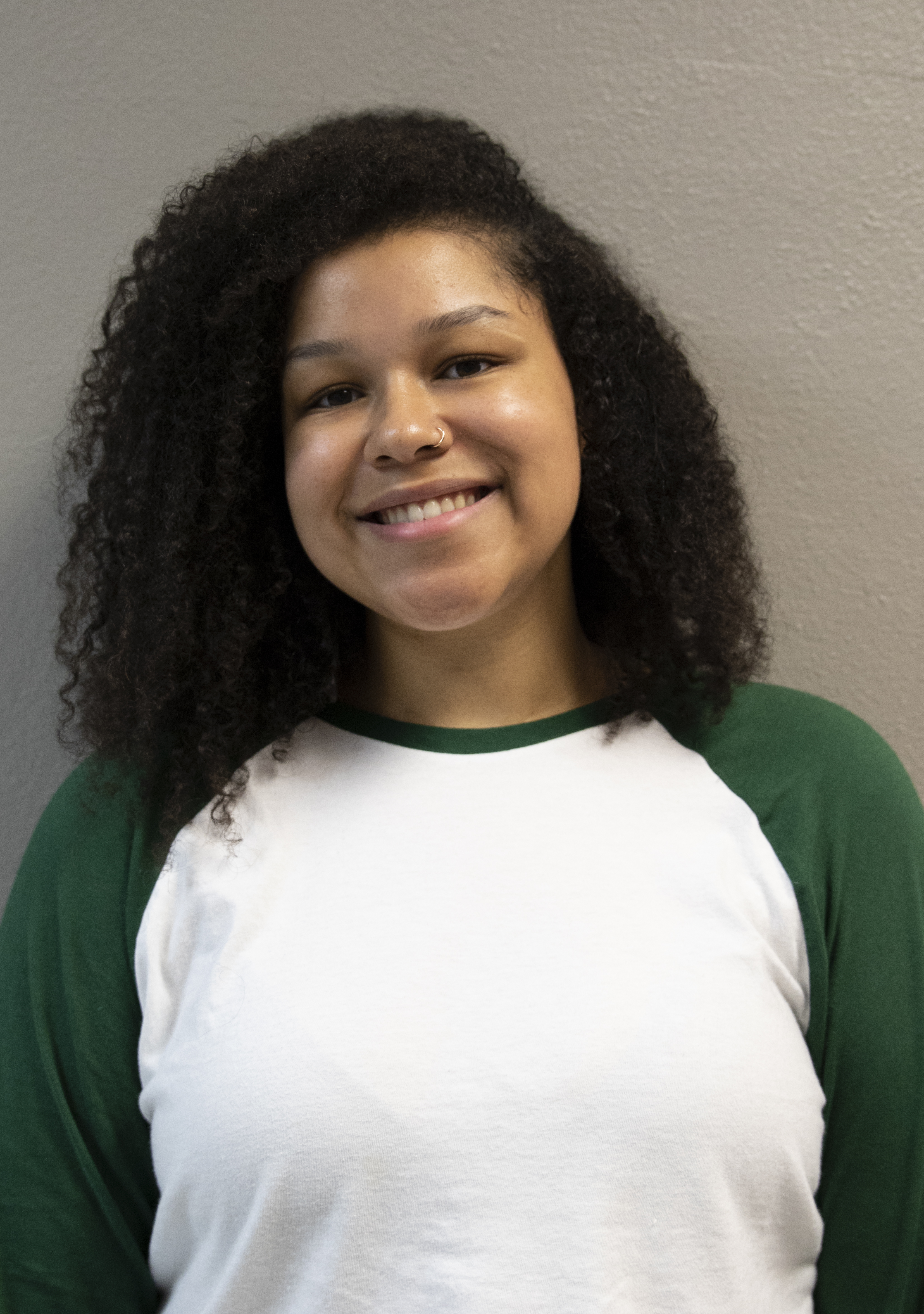
Ariana Grande’s entire career proves she’s not a culture vulture
Accompanying the release of her fifth studio album, “thank u, next,” coming just 5 months after “Sweetener,” Ariana Grande has already shattered records that most singers only dream of.
Grande has quickly become the first act to achieve numbers 1, 2 and 3 on Billboard Hot 100 with her latest album, only second to The Beatles in 1964, and she is showing no signs of stopping. With the best sales week of her career under her belt, and the “Sweetener” tour beginning in mere weeks, she is clearly on top of her game.
In this politically charged time, overwhelming success is only accompanied by criticism. In the weeks leading up to her most recent chart-topping album, accusations of cultural appropriation have swarmed Grande. Claims that her single “7 rings” emulated black culture without giving proper credit to the creators of said culture surfaced, and have been receiving a lot of traction online. Confusion encompassing the usage of the term “cultural appropriation” is common because of its so recent induction into the Oxford English Dictionary.
In 2017, cultural appropriation was defined as, “the unacknowledged or inappropriate adoption of the customs, practices, ideas, etc. of one people or society by members of another and typically more dominant people or society.” What separates appropriation from appreciation is when a person utilizes an item or symbol with cultural significance without acknowledgment, attribution, or permission, and with or without malice.
Accusations surrounding Grande are only supported by those unfamiliar with the longevity of her 3 previous R&B-infused albums, and by those unaware of the fact that Grande continuously uplifts and recognizes the black men and women who have supported her along the way. On her debut album “Yours Truly,” legendary R&B producer and songwriter Babyface produced nearly half of the tracks. Grande’s early musical influences shaped her into the artist she is today. Her love of soulful R&B music and the black people that create them sets her apart.
In 2013, Grande told Billboard all about her top five musical inspirations—three of which are black women. During this interview, Grande mentioned Whitney Houston, Brandy, and India Arie.
Anyone can say they are inspired by black artists and not pay tribute to them, or actually care about the issues that surround the black community, but Ariana Grande is not one of them.
Most recently, when awarded Woman of the Year in December of 2018, Patti LaBelle gushed to the audience about how incredible Grande is, mentioning her incredible talent and the time they spent singing together.
“She’s soulful, strong, and she’s just sensational. She’s all that and a bag of chips. She’s a giant talent who sings from the heart, as I learned when we sang together at the White House for President Obama and Mrs. Obama,” LaBelle remarked.
Grande also performed at Aretha Franklin’s funeral in August of 2018, and raved to Jimmy Fallon about a time she received a surprise phone call from her. Even in spite of this magnitude of support from two established black artists, Victoria Monet, Grande’s friend and producer, released a song featuring Ariana in support of the Black Lives Matter movement further illustrating her overwhelming support and gratitude to the black community.
Grande explicitly wrote, “Too many precious lives were taken from us this week, this month, this year. Rest in peace #AltonSterling. Rest in peace #PhilandoCastile #BlackLivesMatter,” on Instagram describing the song’s release and deeper meaning.
Ariana Grande’s usage of R&B and rap beats or rhythms does not make her a culture vulture–and her career of continuous support of the black community, the black artists who came before her, and her uplifting of the black people who helped her make her album a hit proves this entirely.
